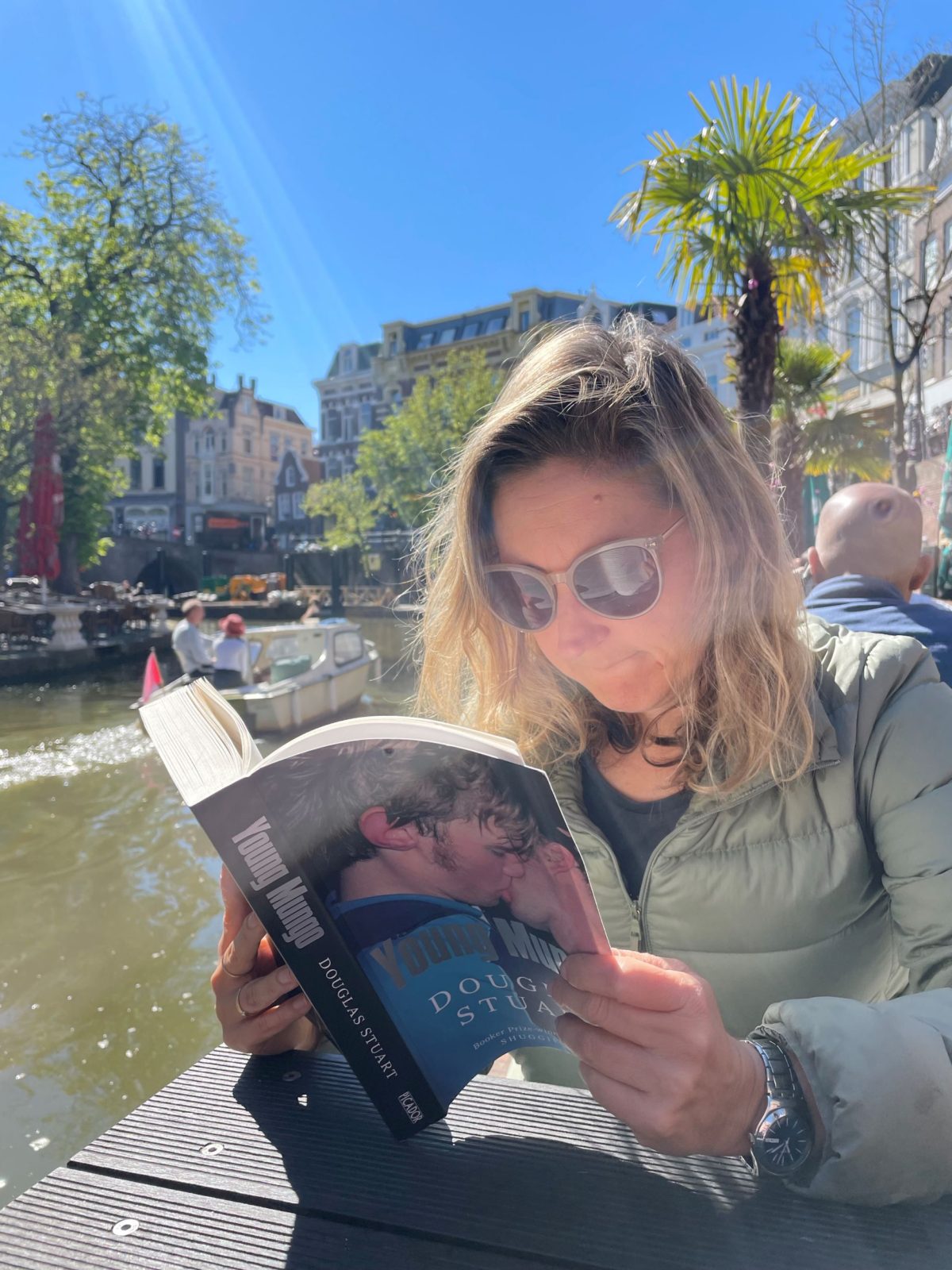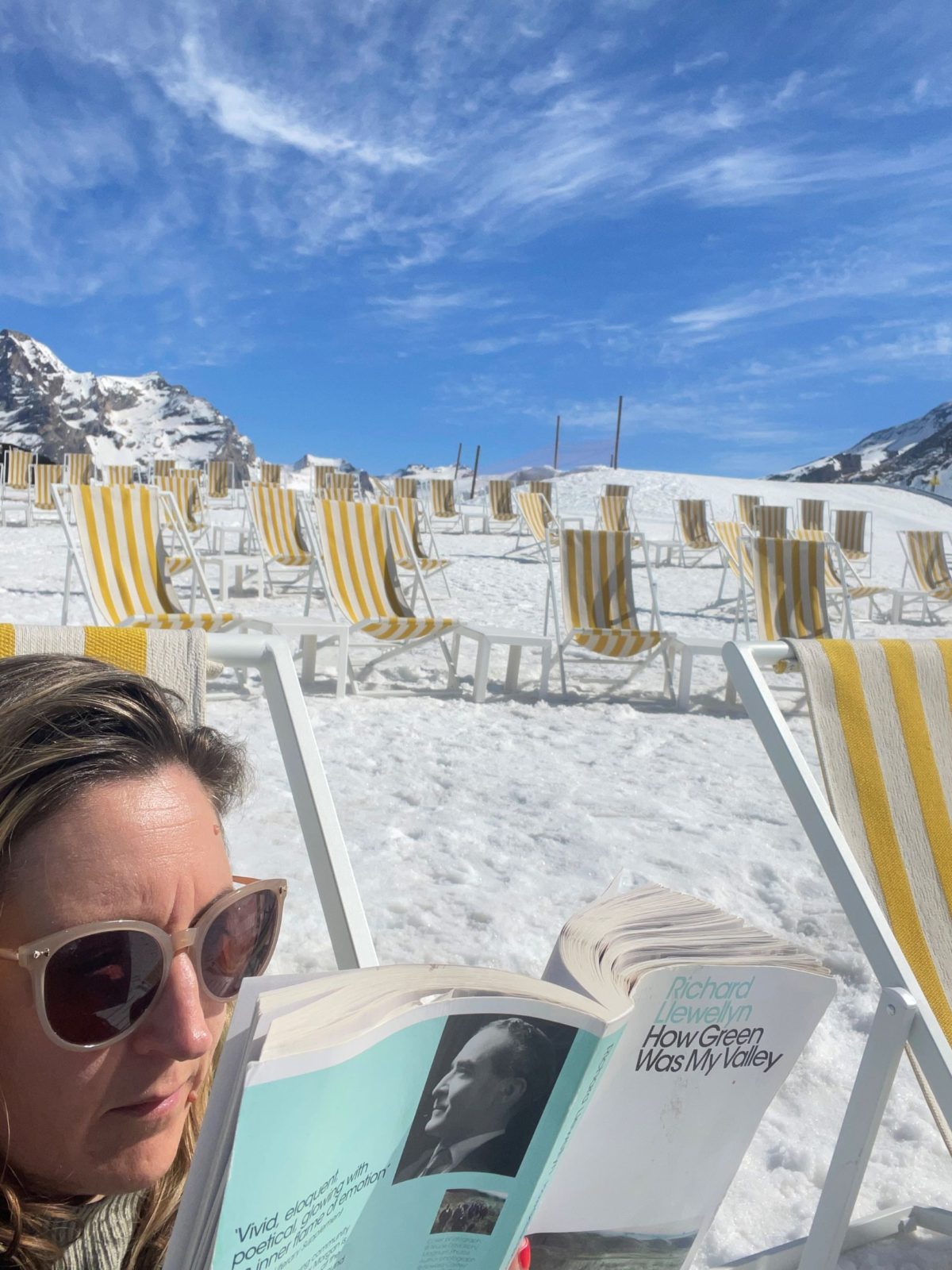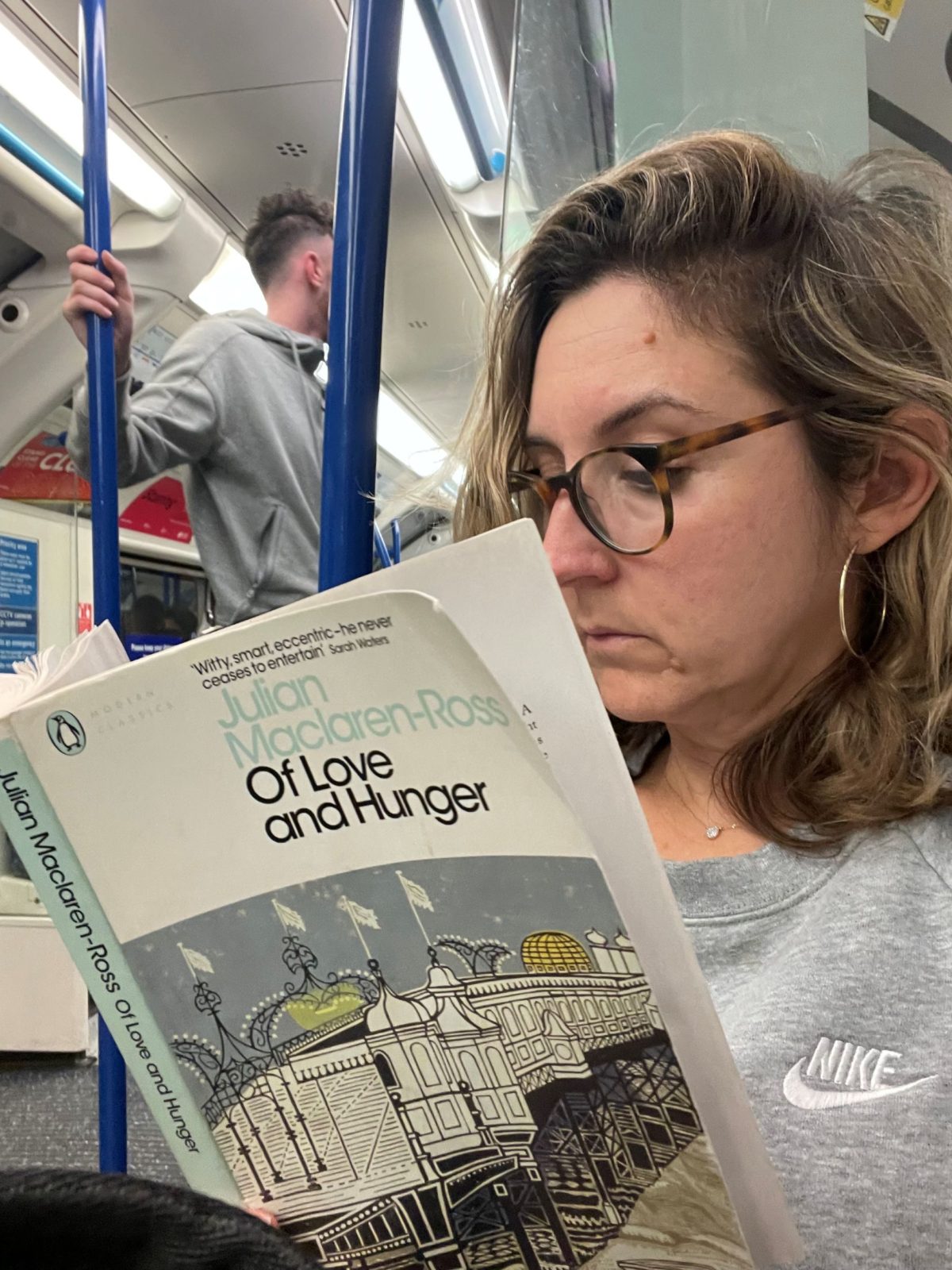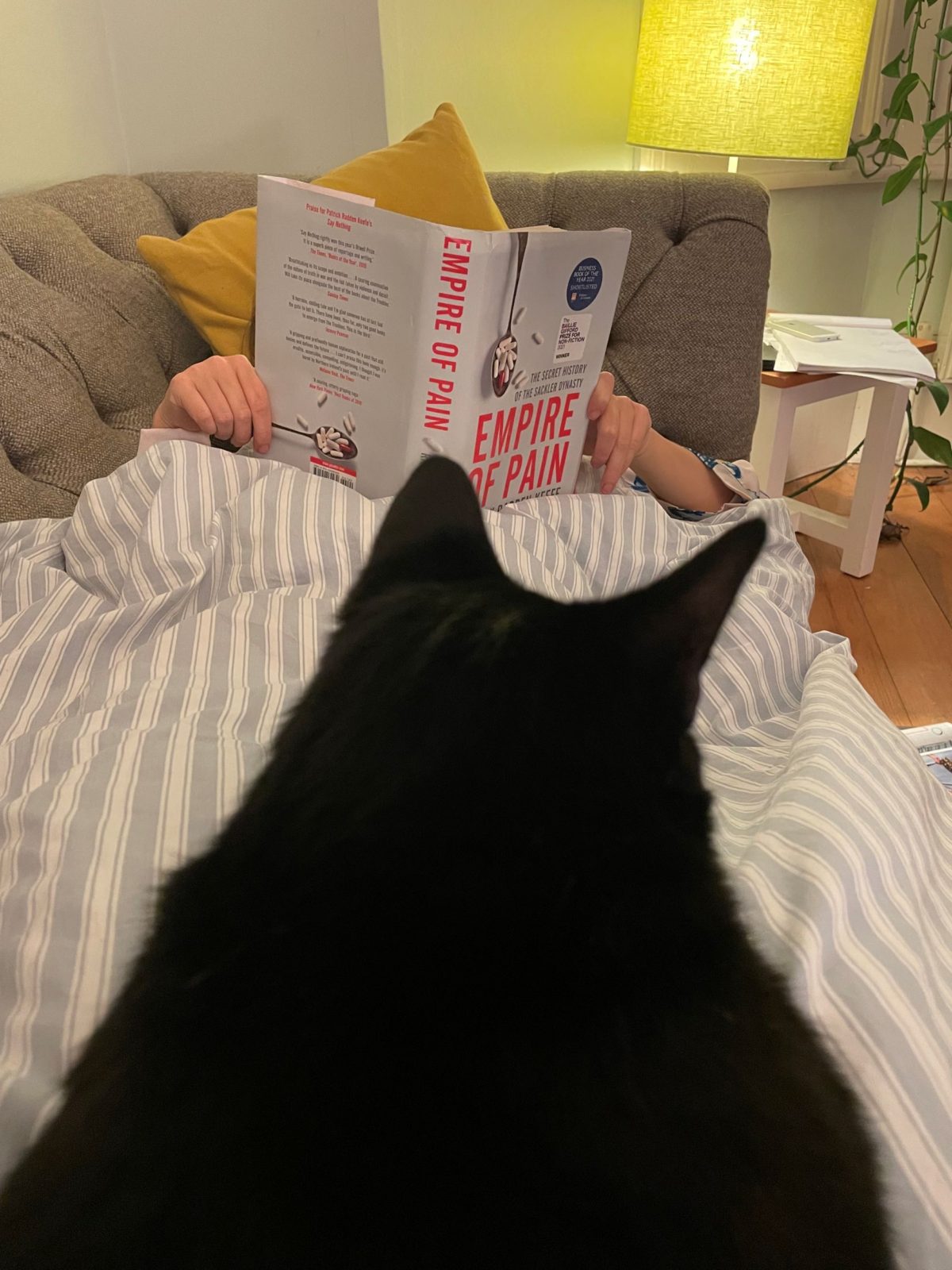This author’s first book, the wonderful SHUGGIE BAIN, was all about being poor, gay, and Scottish, while also being a mummy’s boy when that mummy is an alcoholic. This book, YOUNG MUNGO covers the same ground. I often think that if, as they say, we all only have one story to tell, most of us have decided what that story is by the time we are sixteen. It’s interesting also that while the first was lightly fictionalized memoir, this one is clearly more of a novel – and you can tell – because in this one we have PLOT.
Fifteen year old Mungo is forced to go away on a fishing weekend with two strange men his mother meets at AA. They go to a loch which is “as near tae heaven as you can get on three buses.” Things get progressively more dangerous and creepy and eventually SPOILER it emerges they are recently released sex offendors, who end up assaulting Mungo. This is all intercut with flashbacks of the development of Mungo’s relationship with his first boyfriend, and the two stories intertwine, both escalating, one in a horrifying way (SPOILER Mungo kills them, but its not as soap opera as it sounds), and one in a very sweet way.
I just love the writing . . . three examples. Here his mother coming back from her boyfriend’s:
Every five days or so he would return her like an overdue library book, and she would reappear so dog-eared, so sodden with drink, that it looked like she had been dropped in the bath
And:
There was a rasp at the bottom of her breath now, a sandpapery sound that said it was too late to stop smoking.
And, on the eyes of a deer:
As dark and wet as two peeled plums










